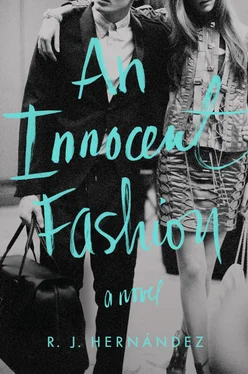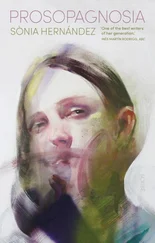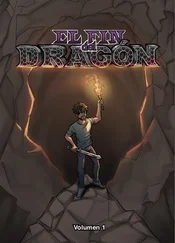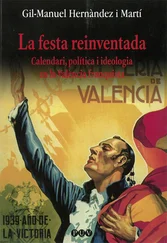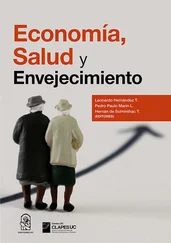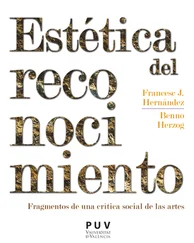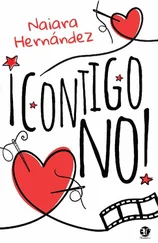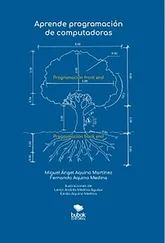R. J. Hernández
An Innocent Fashion
“Why do we call all our generous ideas illusions, and the mean ones truths?”
— EDITH WHARTON, The House of Mirth
With all the tall buildings everywhere, you’d think it would be easier to kill yourself in New York City. The trouble was, to get to the top of one of them you’d have to live in it, or know someone who did. This seemed to be the trouble more generally: to get to the top of anything was just so difficult, and my biggest fear in growing up was that it would only become more difficult until it became impossible.
Everywhere all those horrible, record-breaking high-rises; I could zigzag all around them and blink at them from below and even chat up their friendly doormen, but at the end of the day, when all I wanted was to jump off some gratuitous altitude, it was, “Hey, kid, who you here to see?”
I finally understood why rich people paid a premium to live on a penthouse floor, adding another unfair advantage to the list that in my mind grew longer every day: if you could afford it, you got to kill yourself without a fuss. It made more sense to me than paying to see “the view” of New York City every day; I mean, if I was rich I’d pay not to see the view, with all those skyscrapers jutting up like a bed of nails.
At the magazine people talked about suicide all the time, but usually they were referring to fashion suicide, which was like social suicide but much more serious. Fashion suicide was when somebody in the fashion world committed an error so egregious that they would never be welcome there again — a slipup caused by burnout or a temporary lapse of sanity. Depending on how you looked at things, the latter could alternatively be considered a restoration of sanity; either way, it was usually summed up as, “I can’t fucking stand this anymore.”
A textbook example was that committed by the former fashion assistant — a doe-eyed trust-fund doll who one day last spring just stood up from her chair with a glazed look, and left. She didn’t even bother to take her bag with her, a $10,000 cast-off that came into her possession when the senior fashion editor pleaded, “Get this vile thing away from me — it keeps appearing on my desk.” To be fair, the bag was pretty vile — it was covered in distressed python scales and golden buckles the size of prison padlocks — but it was also a $10,000, yet-unreleased Versace runway sample, so she kept it. She kept it right until the end when, flaccid and shedding its horrible rotting skin, it wound up where the editor had dumped it in the first place. From there the assistant joined a convent, or a nonprofit — I’m not sure, but something with a redemptive ring to it.
Other perpetrators of fashion suicide included another former assistant who quit her job to write a tell-all roman à clef about her famously diabolical boss, and a gay intern who charged a $15,000 Bergdorf shopping spree to the managing editor’s corporate card after he was made to work through his Christmas vacation. Neither of them would ever step foot in the office of a high-profile fashion magazine again, although the former did end up with a New York Times bestseller and the latter with a two-month vacation in a county jail in Westchester.
It’s not as hard as you might think to actually walk out on Régine . After you’ve been there long enough, it feels like you’re just going across the street to grab a pastrami sandwich for lunch, even though you know you’re never coming back. Getting beyond the double doors is the hardest part. Once you’re past them, with the colossal video screen playing fashion shows on a loop behind you, with girl after leviathan girl on your heels, a nightmarish, never-ending procession of the chosen ones you’ll never be like, you finally do become like them. Rigid and unfeeling, you just walk, and you’re in the foyer, where two cream parlor chairs and a cream sofa border a cream coffee table with a single potted orchid — just a bright green calligraphic stroke, with its blossoms like snow-white moths who landed there and got stuck.
I suppose if I’d wanted to, I could have just pressed Up at the elevators, popped out on the top floor and found a fire escape to the roof, but even disillusioned dreamers have their dignity. To jump off the Hoffman-Lynch building, that horrible behemoth of New York City architectural innovation, with its unprecedented vaults and soaring, hope-flooded windows, a staggering display of “harmony between old and modern” (according to the plaque in the foyer) — all to disguise the depressing white offices inside — well, no thank you. Who wanted to nose-dive into midtown traffic, anyway?
Then again, access to the convenient heights of the Hoffman-Lynch rooftop was almost certainly a privilege denied by my limited-access ID, which read INTERN and didn’t include a photograph of my face or even my name.
One way or the other, I knew I needed to get out.
I would have jumped off the roof of my own walk-up apartment, but the building was only four stories tall, and I’d heard once you had to do it from a minimum of six stories if you hoped to actually die. This wasn’t so much a mental note I had made for this occasion as one of those tidbits that stuck inexplicably in a person’s head for years, like the fact that tongue prints were as unique as finger prints, or that Napoleon had been five and a half feet tall. It made logical sense, too, that you’d want to jump from somewhere high; if you jumped out of any old window, you could just end up with a broken leg, or else, maimed for life — either way, worse off than you’d been in the first place.
That’s why I went to my boss’s house, because he was rich and living The Dream in a fifteen-story Fifth Avenue co-op with a gym and classical molding throughout.
WHEN I ARRIVED AT EDMUND’S APARTMENT BUILDING, I SAID “Hello, Horace” to the doorman, because even though I was about to kill myself, it wasn’t his fault, and I’d always liked him.
“Welcome, Mr. St. James!” Horace wore a gold-trimmed hat like a ship’s captain, and round glasses like mine. Unlike me, Horace was as portly as a fully suited watermelon and stood there all day with his hands resting on the top of his stomach. It was a shame I’d never live to be that old; all my life I’d been slender, and it would have interested me to know what it felt like to swell up like a balloon in my old age. “You’re all wet,” he informed me.
I almost didn’t believe him, and glanced sharply up behind me. The whole sky was swirling like the mist in a crystal ball. Gray clouds moaned like a chorus of captured souls, while the thunder laughed, and all around, the deluge tried to drown them out with a dull roar.
You know you’re concentrating very hard on the matter of killing yourself when you don’t even notice it’s the end of the world outside. With a sudden shiver, I wrapped my arms around myself and noticed the puddle I was spreading over the marble floor. The mosaic that read 25 FIFTH AVE sparkled under my feet, while all around me tinkered raindrops like diamonds off a broken necklace.
“Need a towel?” Horace offered.
I said no, thank you, and he handed me a square brown box, the size of a pastry container. “Here’s a package for Edmund.” He pushed PH on the elevator for me. “Come see me on your way out. I’ll lend you an umbrella.”
I smiled sadly at him, knowing it would be the last time, and for a moment, I closed my eyes and thought, Wouldn’t it be better to just tell Horace everything? Surely he would understand. He would lay my head on his stomach, pet my wet mop of hair with his gloved hand, and tell me, “There were times I thought I wouldn’t make it either, plodding around in this wool suit in the middle of a sweltering summer, but in life you just have to keep fighting.”
Читать дальше
